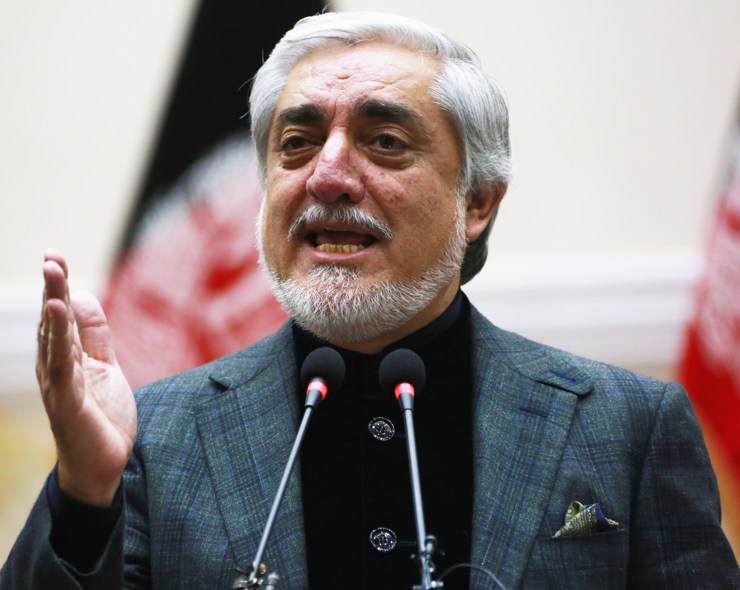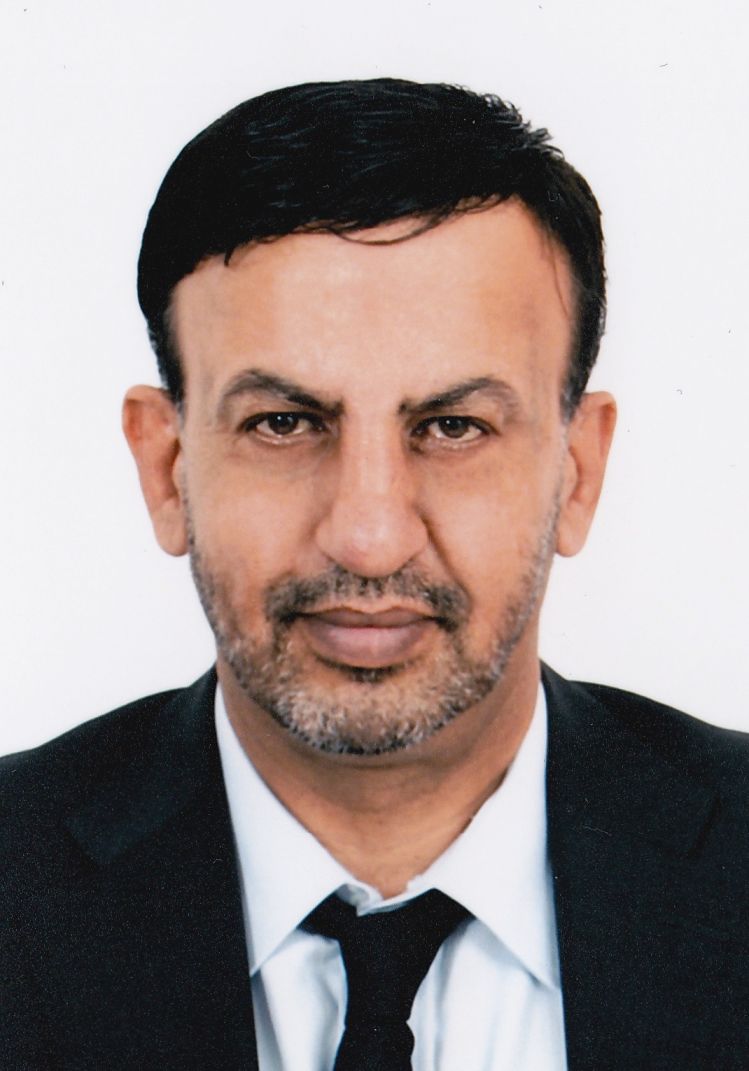Abdullah Abdullah has emerged as king-maker amidst the Afghan turmoil. He is arranging meetings between different constituents of the Afghan civil society, including Taliban leaders and democratic Afghan politicians.
Abdullah, the chairman of the High Council for National Reconciliation (HCNR), recently met with former president Hamid Karzai and the acting Taliban governor for Kabul, Abdul Rahman Mansoor. The meeting was over protecting the lives and property of the common residents in Kabul.
He tweeted: "Along with HE @KarzaiH, we welcomed members of the Taliban political office, & negotiation team. We exchanged views on the current security & political developments, & an inclusive political settlement for the future of the country".

He had earlier organised a meeting at his home in Panjshir province with religious scholars and commanders to discuss the latest Afghan developments. Once again, along with Karzai, he met women activists and parliamentarians to discuss promoting peace and stability in the war-torn country under the new conditions.
Interestingly, former Afghan president Ashraf Ghani, who had escaped to the UAE, supported the meeting between Abdullah, Karzai and the Taliban representatives.
Late July, Abdullah was in India to meet with External Affairs Minister S Jaishankar to discuss the Taliban's rapid movement across his country. Now all of that is old news, as Afghanistan has been overcome by Taliban’s takeover with little resistance, if at all, from the Afghan forces or opponent warlords.
Abdullah has been active in Afghan politics since the time of the Society Union's invasion of the landlocked country, when he supported the Northern Alliance as a medical doctor. During that conflict, he gave out treatment to injured Afghans in Pakistan camps.
The Afghan doctor and politicians has managed to govern from all sides of Afghan politics. He has been the country's defence minister and despite the Taliban's occupation of the country, Abdullah became the foreign affairs minister of Afghanistan in 1998.
An astute leader, Abdullah has links on all sides of the diverse and complicated country.
With the US forces landing in Afghanistan to hunt for Osama bin Laden in the aftermath of the September 11 attacks in 2001, Abdullah was confirmed as the foreign minister by the Loya Jirga convened under President Hamid Karzai.
Abdullah also contested elections in 2014 but lost to Ashraf Ghani. While Ghani became the President, Abdullah assumed the position of the Chief Executive of Afghanistan. After US mediation between the two feuding political heavyweights, they became political competitors and also collaborators for Afghanistan's development.
With the signing of the much-criticised Doha peace agreement on 29 February 2020 between the US administration and the Taliban, Abdullah was pitchforked into a key position—to talk with the diverse colours of Afghan people, groups and ethnicities to bring about rapprochement and equitable representation for all Afghans including women, who had tasted freedom and equality.
Under the fast-evolving situation in the country after the Doha accord, Abdullah became a key negotiator on behalf of the Afghan government to hold discussions with the Taliban and other Afghan groups in Doha over the past year.
Under the new circumstances, Abdullah carries on with the same responsibility—to bring varied Afghans together.
















